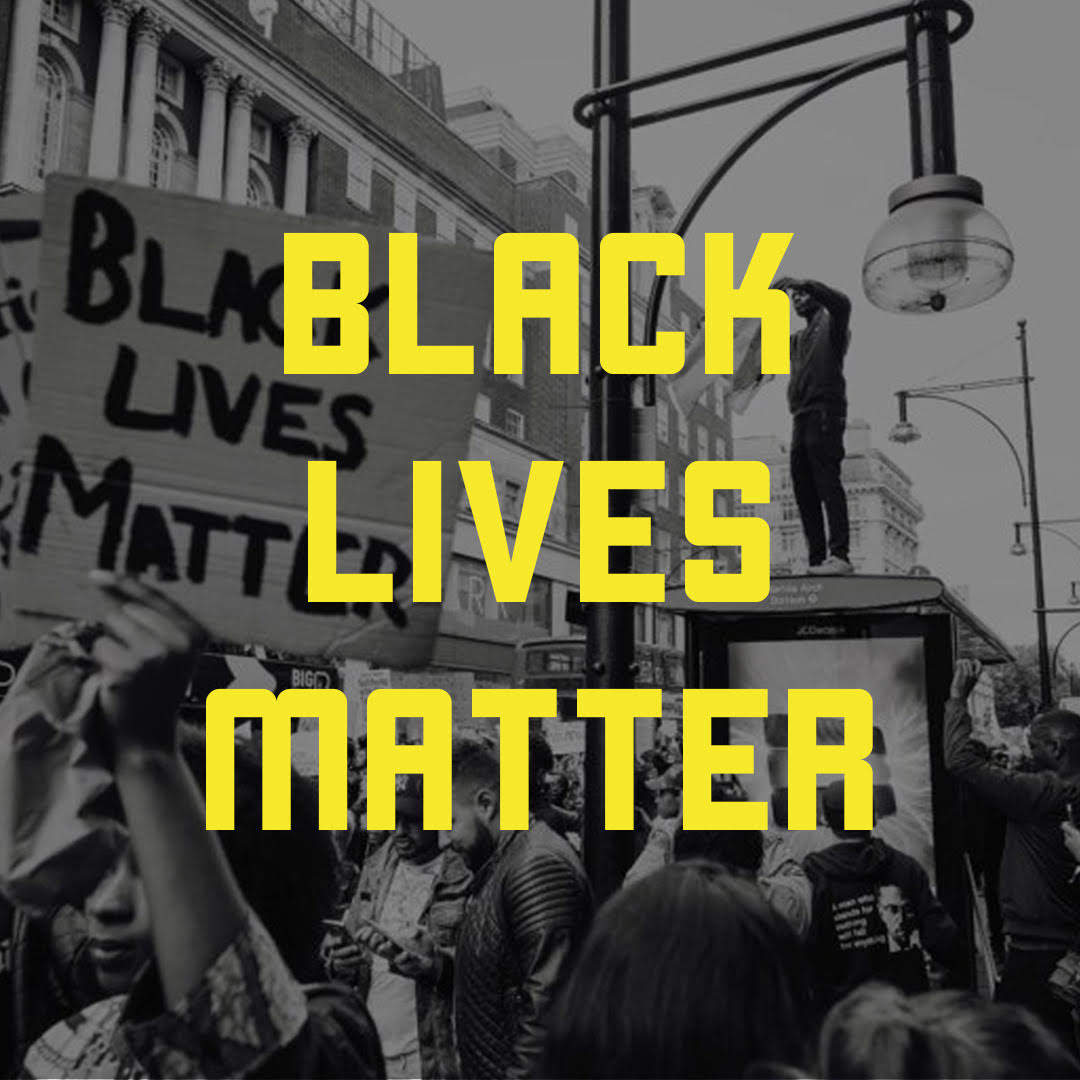Statement of Educational Priorities of the Criminology and Criminal Justice Department at UIS

The killing of George Floyd and the state-sanctioned violence by official and non-official law enforcement that followed were not unique instances, nor were they random. These acts were predictable responses given the history of the Criminal Justice system in America.
The faculty in the Criminology and Criminal Justice department at The University of Illinois Springfield appreciate and understand the responsive resistance all over the country and around the world, as a respected, and frequently necessary, part of a democratic society.
We work to prepare our students for the challenges they will face in careers that focus less on social control strategies and military tactics and more on critical thinking and understanding world views beyond only their own. Just as many of the graduates of our program pursue careers in non-profit agencies, community activism, and other fields for criminal legal reform and transformation as do those who become police officers. For those who do choose careers in law enforcement, our degree provides them with the critical thinking tools to help them best navigate their future experiences working within a system that is fundamentally unjust and inequitable.
We acknowledge the lack of diversity in our faculty in ways that are vital for a complete understanding of justice in America. Even still, our department has one of the most diverse student populations on campus and for that we are honored. Over the last decade, our program has seen an extraordinary increase in the proportion of students from communities where police violence is understood as part of everyday life. We strive to teach all students as much about the experiences of the police as we do of those being policed in society. We are extremely proud of our current students and alumni who work inside and outside of criminal justice structures every day and who are committed to creating a more fair and equitable system, as well as those who fight to create alternatives to this system based on their exposure to the scientific knowledge in our field.
We also admit to feeling the current pressures in higher education for higher enrollments, “marketable” skills, and specialized training. This is something we have been resisting for several years now. We will continue to stand up to those pressures by providing an alternative educational experience that goes beyond training students to simply be good workers and instead gives them examples of how to be good humans, prioritizes empathy over policies based on vengeance rather than science, and allows dissent to drive our inquiry.
We will do better. We will work to improve our teaching, research, and community engagement efforts outside of the criminal justice system. We will continue to examine where we are complicit in supporting biased and harmful systems of oppression, including strengthening our degree program by continuing to raise the voices and experiences critical of these systems.
Click here for information on the Criminology and Criminal Justice Department and Faculty.
____________________
If you have questions, feel free to connect with us and request more information!


